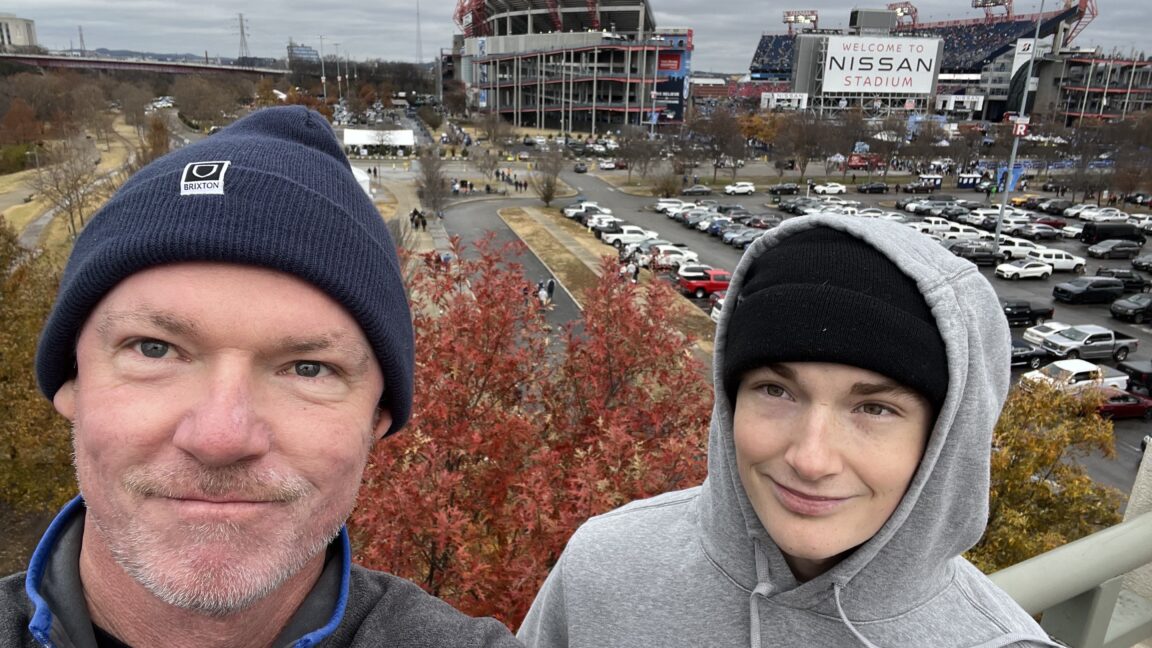Facing five lawsuits alleging wrongful deaths, OpenAI lobbed its first defense Tuesday, denying in a court filing that ChatGPT caused a teen’s suicide and instead arguing the teen violated terms that prohibit discussing suicide or self-harm with the chatbot.
The earliest look at OpenAI’s strategy to overcome the string of lawsuits came in a case where parents of 16-year-old Adam Raine accused OpenAI of relaxing safety guardrails that allowed ChatGPT to become the teen’s “suicide coach.” OpenAI deliberately designed the version their son used, ChatGPT 4o, to encourage and validate his suicidal ideation in its quest to build the world’s most engaging chatbot, parents argued.
But in a blog, OpenAI claimed that parents selectively chose disturbing chat logs while supposedly ignoring “the full picture” revealed by the teen’s chat history. Digging through the logs, OpenAI claimed the teen told ChatGPT that he’d begun experiencing suicidal ideation at age 11, long before he used the chatbot.



I’d say it’s more akin to a bread company saying that dying of food poisoning after eating their toxic bread is a violation of terms of service.
Yes you are right, it’s hard to find an analogy that is both as stupid and also sounds somewhat plausible.
Because of course a bread company cannot reasonably claim that eating their bread is against terms of service. But that’s exactly the problem, because it’s the exact same for OpenAI, they cannot reasonably claim what they are claiming.